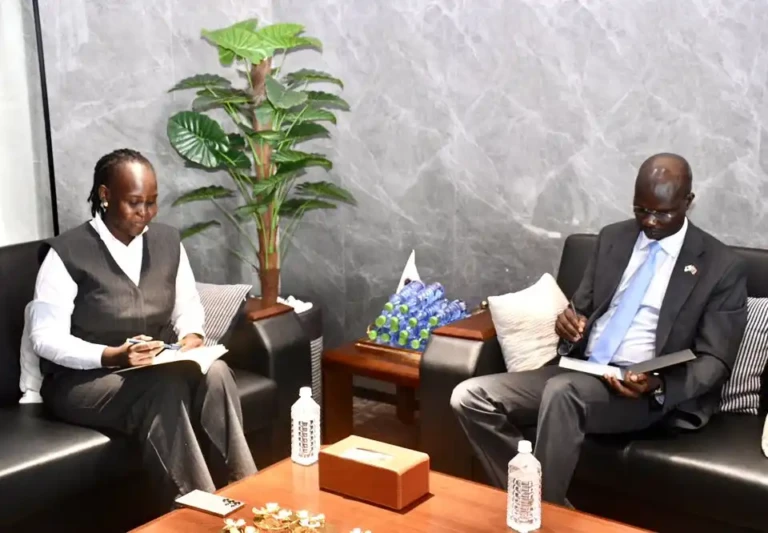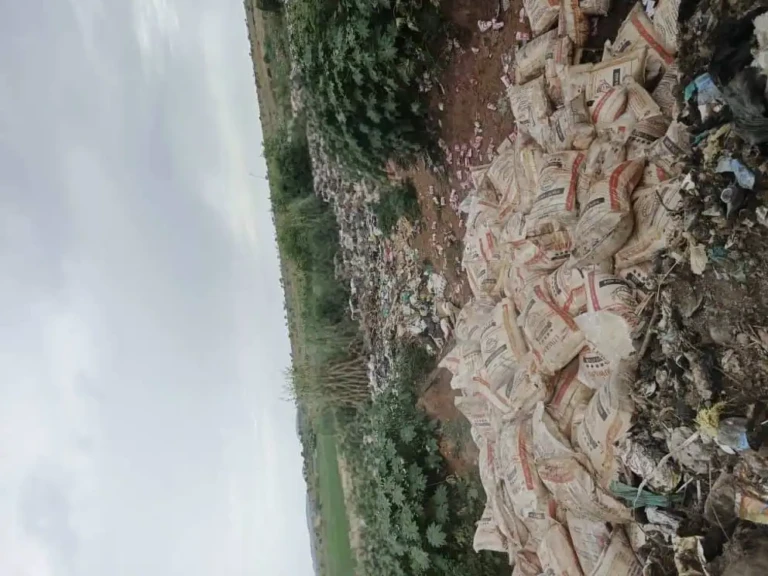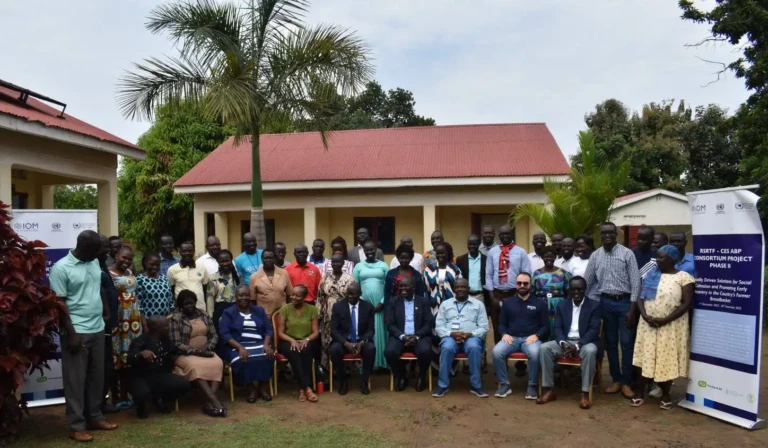
South Sudan’s trade with other African countries hit the $1 billion mark in 2024, signalling a modest but important step toward regional economic integration. The data comes from a new report by the African Export-Import Bank (Afreximbank), which shows intra-African trade surged by 12.4 percent to $220.3 billion in 2024—recovering from a dip in 2023.
While South Sudan still lags behind its East African neighbours in absolute trade volume, the milestone highlights growing potential in cross-border business, logistics and value added trade under the African Continental Free Trade Area (AfCFTA).
Afreximbank’s report reveals that South Africa led all intra-African trade with $42 billion, followed by Nigeria, which doubled its trade to $18.4 billion in 2024. Uganda emerged as the region’s top performer, recording $7.6 billion in trade, up by 28 percent from the previous year.
South Sudan’s $1 billion, approximately SSP 4.6 trillion, may seem small in comparison, but experts argue it reflects foundational progress for a young economy still navigating post-conflict recovery and infrastructure challenges.
“This isn’t just about numbers. It’s about building regional trust, opening trade corridors and setting the stage for South Sudanese businesses to participate in a much larger continental marketplace,” said an economic analyst based in Nairobi.
Trade Rankings in East Africa (2024):
+Uganda – $7.6B
+Kenya – $5.7B
+Tanzania – $5.28B
+Rwanda – $2.59B
+South Sudan – $1B
+Somalia – $600M
+Burundi – $440M
What’s Driving Growth?
The rise in intra-African trade comes on the back of increased demand, easing of tariff barriers, better transport corridors, and modest improvements in production output in some economies.
The Democratic Republic of Congo (DRC), a key neighbour to South Sudan, maintained strong trade performance due to its strategic central location and shared borders with nine countries. Ongoing improvements in railway connectivity to Durban and Dar es Salaam also played a role.
Across the continent, manufactured goods, food products, vehicle parts, fertilisers, and machinery have seen growing cross-border demand.
Afreximbank notes that trade is slowly shifting from being dominated by raw commodities to including value added goods, a shift that could benefit landlocked economies like South Sudan if local industries can rise to meet regional needs.
AfCFTA Impact
South Sudan is not yet an active participant in the AfCFTA trading scheme, but its inclusion in the report is a nudge toward greater engagement. AfCFTA promises to reshape Africa’s trade landscape by eliminating 90 percent of tariffs, improving customs coordination, and creating a unified continental market of over 1.4 billion people.
Currently, seven countries including Kenya, Rwanda, Ghana, and South Africa have begun trading under AfCFTA protocols. The full implementation of the deal is expected to generate up to $450 billion in annual GDP gains across Africa and create 14 million new jobs.
But even with this momentum, Africa left an estimated $77 billion in trade unrealised in 2024, opportunities lost due to logistics, financing gaps, policy delays and weak industrial output.
“For South Sudan to move from $1 billion to $5 billion, we must invest in production, formalise border trade, and simplify customs processes,” said a South Sudanese trade advisor.
The business case for regional trade is becoming clearer. With neighbouring Uganda and Kenya accelerating industrial exports, South Sudan has an opportunity to position itself as a transit economy, a food basket, or even a hub for labour and services if investment and policy reforms align.
The Afreximbank report sends a message intra-African trade is no longer a dream. It is happening, but to be part of it in a meaningful way, South Sudan must scale up from basic trade to building competitive supply chains and regional export capacity.
Key Business Takeaways
+South Sudan traded $1B with African countries in 2024 (approx. SSP 4.6 trillion).
+Intra-African trade hit $220.3B in 2024, up 12.4% from 2023.
+East Africa’s top traders: Uganda ($7.6B), Kenya ($5.7B), Tanzania ($5.28B).
+South Sudan’s future trade growth depends on industrialisation, infrastructure, and AfCFTA integration.
+Africa missed $77B in unrealised trade due to trade barriers and low productivity.
Discover more from Access Radio Yei News
Subscribe to get the latest posts sent to your email.







